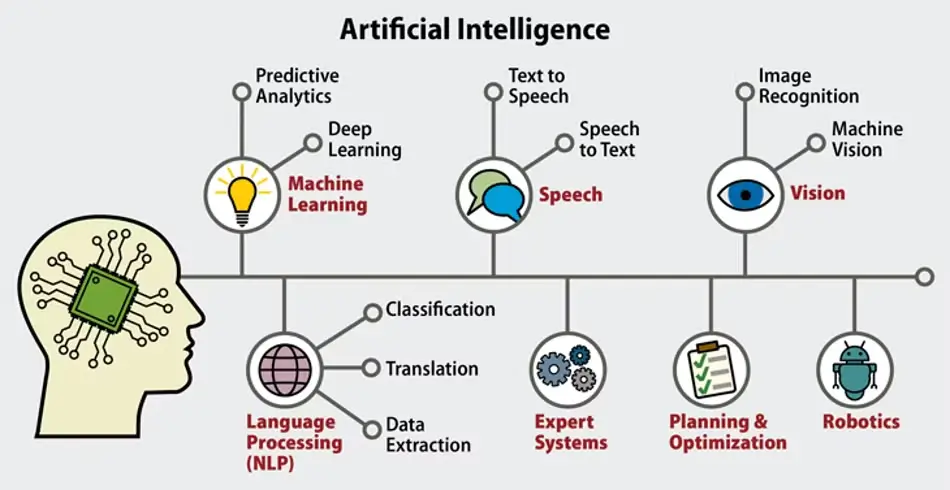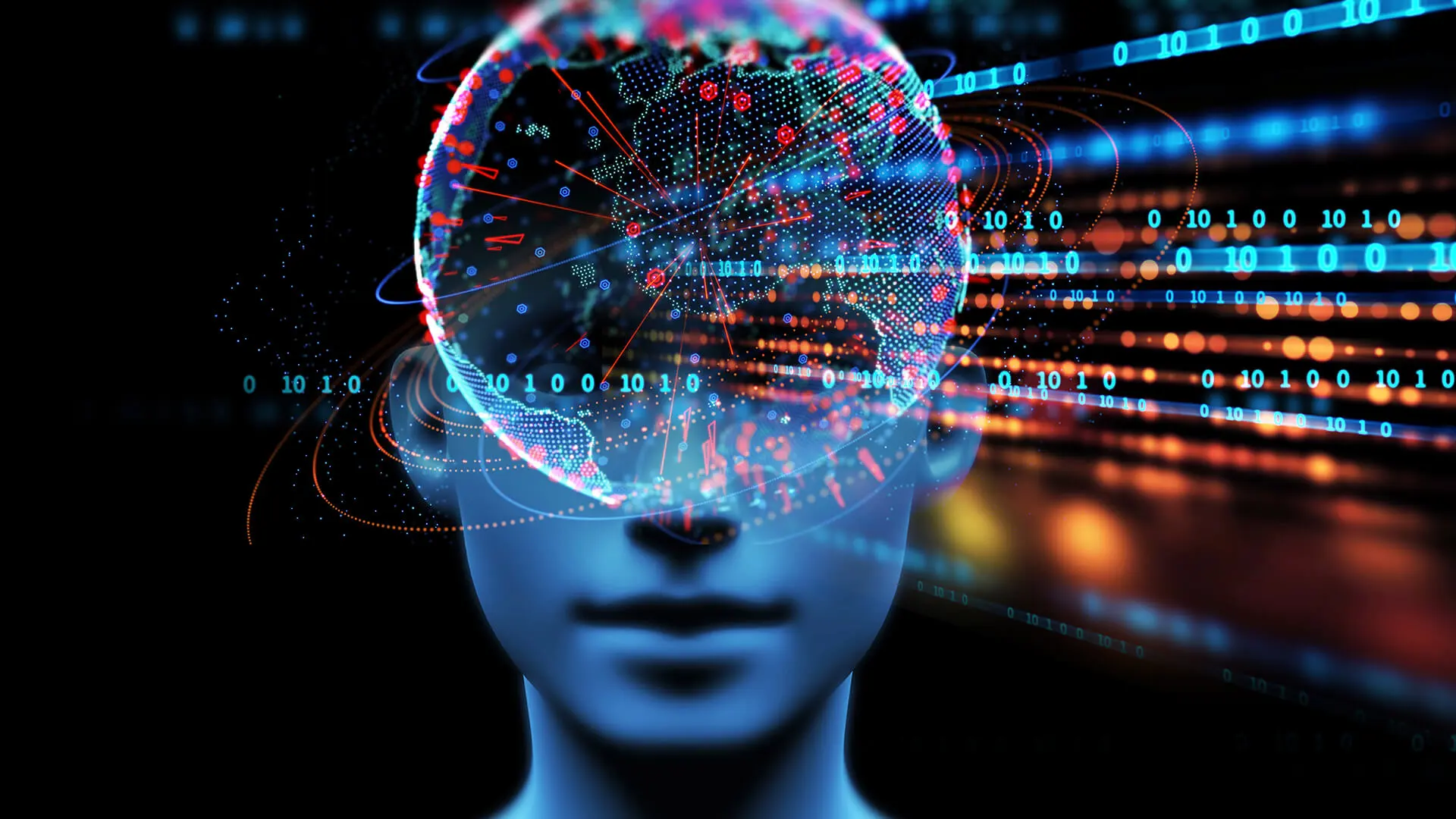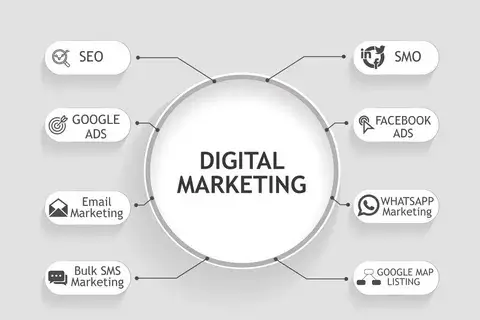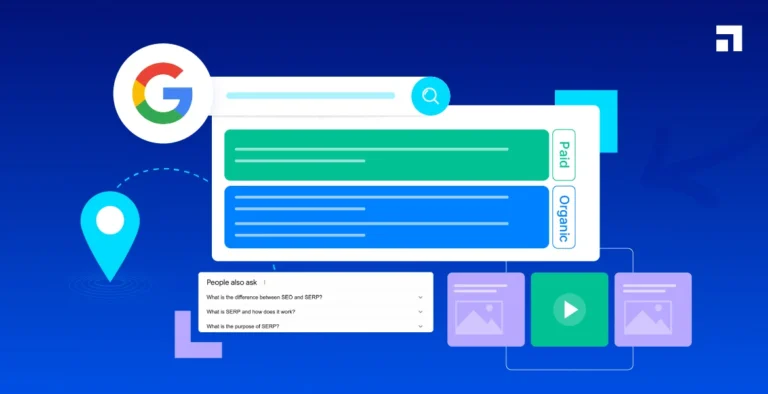ChatGPT Copyright & Privacy Violations: OpenAI, the company responsible for creating ChatGPT, is currently being sued over allegations of unauthorized usage of copyrighted books to train its AI systems.
The lawsuit was filed in a federal court located in San Francisco and asserts that OpenAI unlawfully replicated text from books without obtaining consent from the copyright holders, neglecting to provide appropriate credit or compensation.
This legal action is not the sole trouble OpenAI has encountered recently. In addition to this lawsuit, OpenAI is facing another class action lawsuit as lawmakers strive to regulate the rapidly expanding AI industry.
The second lawsuit alleges that OpenAI’s machine learning models, including ChatGPT and DALL-E, illegally gather personal information from individuals across the internet, thereby violating various privacy laws of chatGPT.
The outcomes of these lawsuits have the potential to establish significant precedents concerning AI, copyright, and privacy, consequently shaping the future regulatory landscape.

ChatGPT – A Chatbot
ChatGPT is widely recognized as a highly popular chatbot platform that empowers users to develop and exchange their chatbots. However, the platform has faced severe scrutiny due to allegations of copyright infringement and privacy breaches made by numerous entities.
One of the distinctive features of ChatGPT is its ability to enable users to create chatbots without requiring any programming expertise. By offering a user-friendly interface, the platform facilitates the process of chatbot creation by allowing individuals to input questions and corresponding answers. Moreover, ChatGPT provides a comprehensive collection of pre-designed chatbots that can be tailored to meet the specific requirements of users.
Nevertheless, ChatGPT has found itself entangled in legal controversies as it has been accused of unlawfully reproducing questions and answers from other chatbot services, thereby violating copyright laws. Additionally, the platform has faced allegations of violating privacy regulations by collecting user data without obtaining appropriate consent.
As a consequence of these serious allegations, multiple lawsuits have been filed against ChatGPT. The final verdicts and resolutions of these legal proceedings are currently pending, awaiting further deliberation and examination.
Allegations of Copyright Infringement
OpenAI’s ChatGPT language model is facing a lawsuit from two authors who claim that it copied and utilized their books without obtaining proper permission.
The lawsuit, known as Tremblay v. OpenAI Inc., asserts that ChatGPT is capable of providing accurate summaries of the authors’ science fiction and horror novels, suggesting that the chatbot has accessed and absorbed their literary works.
The lawsuit refers to a 2020 research paper from OpenAI, which reveals that 15% of the training data for ChatGPT originated from two collections of online books.
According to the authors, one of these datasets included over 290,000 book titles sourced from “shadow libraries” such as Library Genesis and Sci-Hub, platforms notorious for illicitly sharing copyrighted books.
According to the authors, ChatGPT violated copyright laws by deleting the copyright notices found in those books.
Violation of Privacy and Theft of Data
OpenAI is facing a lawsuit, which was filed recently, alleging that their AI models, ChatGPT and DALL-E, were trained using the personal data of millions of individuals without obtaining proper consent.
The lawsuit, titled PM v. OpenAI LP, claims that OpenAI acquires private information directly from individuals using their AI systems and other applications that incorporate ChatGPT. According to the complaint, this data collection and utilization violate privacy laws, particularly concerning the data of children.
The legal action asserts that OpenAI has integrated its systems with various platforms such as Snapchat, Spotify, Stripe, Slack, and Microsoft Teams. Through these integrations, OpenAI is accused of covertly collecting users’ images, locations, music preferences, financial information, and private communications.
Furthermore, the lawsuit argues that this data collection violates both the terms of service of these platforms and privacy laws, as it involves unauthorized access to individuals’ information.
The complaint identifies 16 plaintiffs who have used online services and believe that OpenAI obtained their data without proper authorization.
OpenAI has not yet responded to the request for comment regarding the lawsuit.

Potential Implications for OpenAI
OpenAI may potentially face severe financial penalties if the court favors the plaintiffs, which could have negative effects on OpenAI’s financial stability and its ability to secure funding.
Several potential outcomes may arise from this situation:
- The lawsuits have the potential to harm OpenAI’s reputation and erode the trust of important stakeholders such as users, partners, and investors.
- If the use of copyrighted data in training AI models is deemed to be a copyright infringement, OpenAI and other entities may need to alter their methods of data collection and usage.
- Regulators may subject OpenAI to increased scrutiny, resulting in stricter regulations and compliance requirements.
- Depending on the court’s rulings, companies that utilize ChatGPT or other OpenAI products may reconsider their relationships with OpenAI to safeguard their reputations and protect the privacy of their users.
Conclusion
OpenAI is currently facing multiple lawsuits that have the potential to significantly influence the field of artificial intelligence. These legal battles are crucial as they are likely to set precedents regarding copyright regulations, privacy protection, and the ethical utilization of data.
For individuals who have a keen interest in AI, it is vital to closely monitor the progress of these lawsuits. Doing so allows one to consider the potential implications they may have in terms of shaping new legislation and policies.
Furthermore, these legal proceedings have the potential to impact the development and construction of AI technologies, potentially necessitating adjustments in how companies design and offer AI products and services. Therefore, staying informed about these lawsuits is of great importance to anyone involved in the AI industry.
To discover a wider array of up-to-date and highly sought-after blog articles, be sure to visit Cityentreprise!











